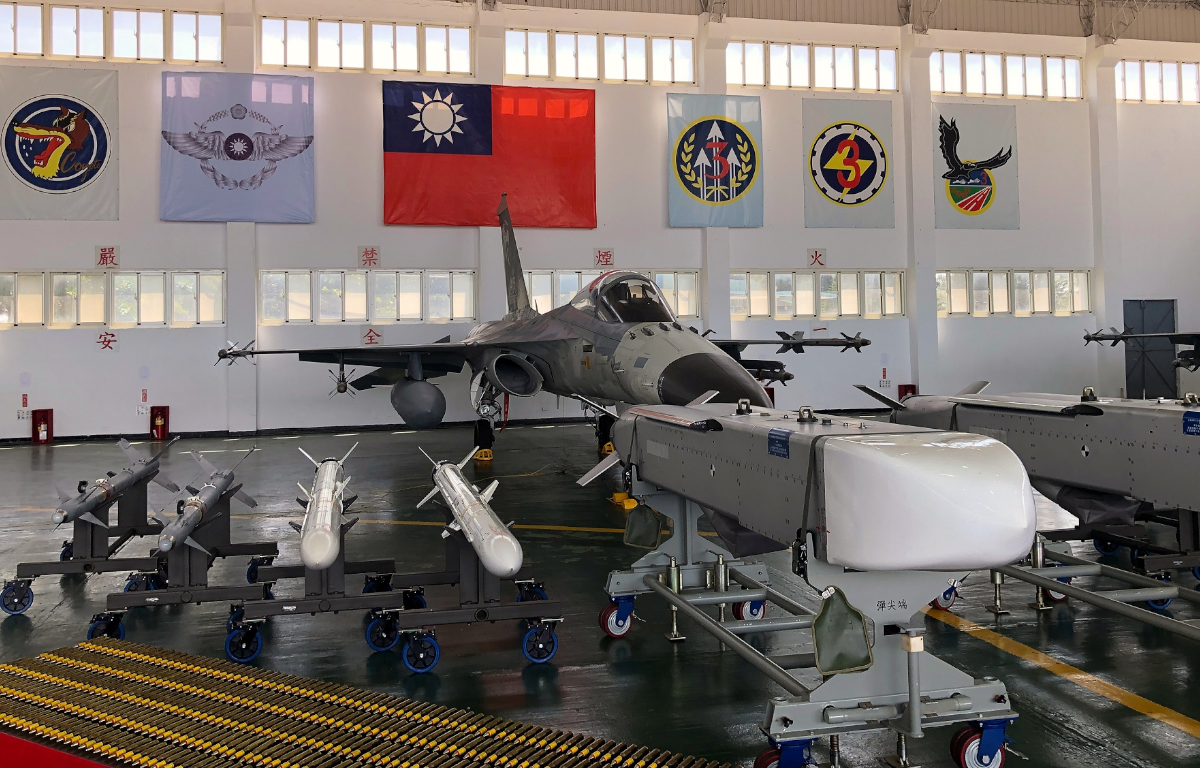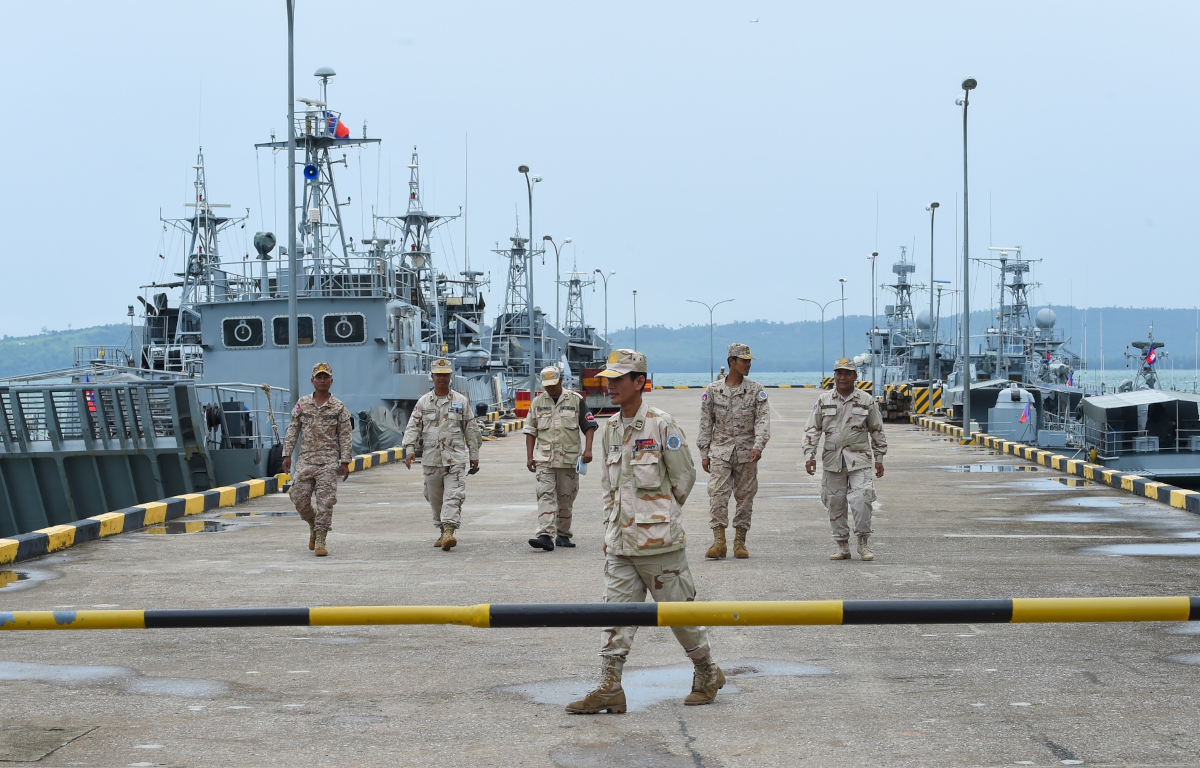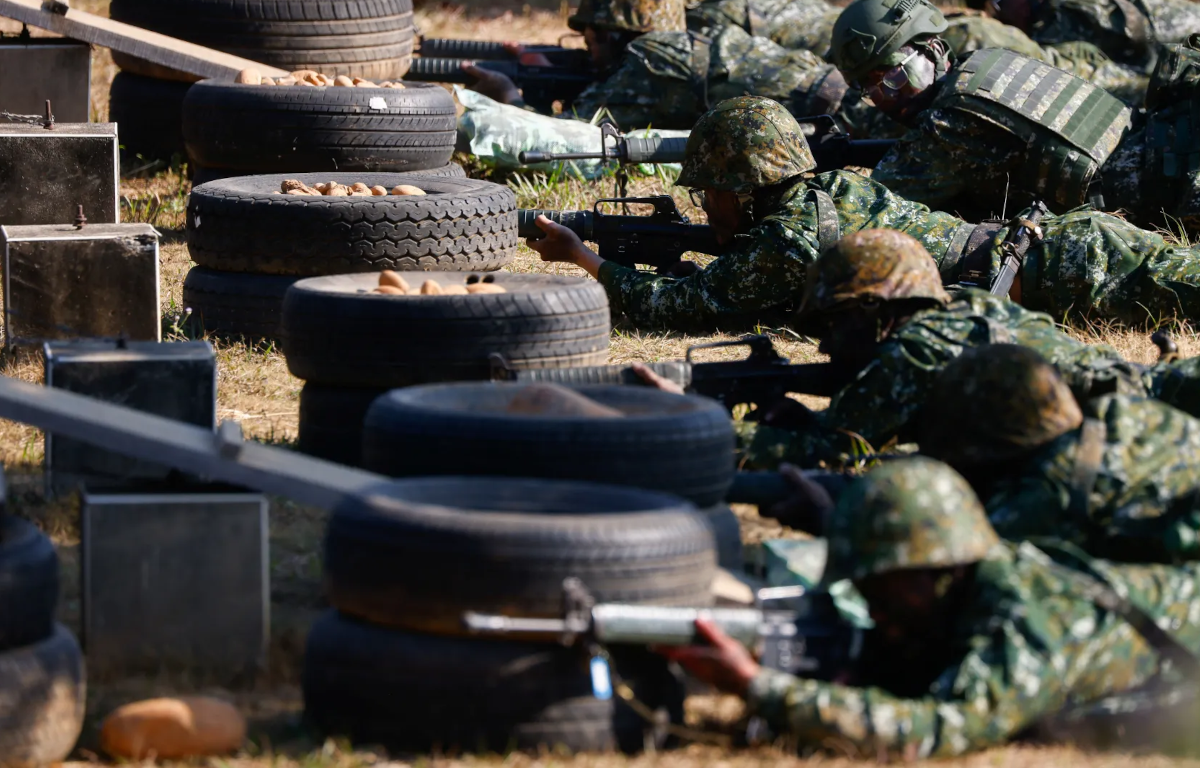
This strategy, characterized by actions that fall short of open conflict but exert significant influence, represents a complex challenge for Taiwan and the broader Indo-Pacific region.
Grey-zone warfare, also known as hybrid warfare, involves a range of tactics that blur the lines between war and peace, making it challenging for adversaries to respond effectively. China’s use of grey-zone tactics against Taiwan has escalated in recent years, reflecting its broader geopolitical ambitions and its desire to bring Taiwan under its control.
One aspect of China’s grey-zone strategy is its use of economic coercion and diplomatic isolation to undermine Taiwan’s international standing. China pressures countries and multinational corporations to limit their interactions with Taiwan, thereby isolating it diplomatically and economically. This tactic aims to weaken Taiwan’s global influence and limit its ability to resist Chinese pressure.
Additionally, China employs psychological warfare through disinformation campaigns, cyberattacks, and propaganda to shape perceptions and sow discord within Taiwan. By manipulating information and spreading misinformation, China seeks to undermine trust in Taiwan’s institutions, leadership, and democratic values. This psychological pressure aims to create divisions and erode societal cohesion in Taiwan.
Military maneuvers in the vicinity of Taiwan, including airspace intrusions, naval patrols, and simulated attacks, are another dimension of China’s grey-zone warfare. These actions are intended to test Taiwan’s defenses, demonstrate military capabilities, and intimidate Taiwanese authorities and the public. While stopping short of direct conflict, these maneuvers create tension and uncertainty, contributing to a sense of insecurity in Taiwan.
China also utilizes unconventional tactics, such as maritime militia and irregular forces, to exert pressure in disputed areas around Taiwan. These forces operate in a grey area, blurring the distinction between civilian and military activities and complicating the response of Taiwan and its allies.
The intensification of grey-zone warfare against Taiwan reflects China’s determination to achieve its strategic objectives while avoiding the risks and costs of open conflict. By employing a combination of economic, diplomatic, psychological, and military measures, China seeks to gradually erode Taiwan’s defenses, undermine its sovereignty, and increase pressure for reunification on Beijing’s terms.
For Taiwan, countering grey-zone warfare requires a multifaceted approach that combines robust defense capabilities, strategic partnerships with like-minded countries, resilience against disinformation, and diplomatic efforts to strengthen international support. Navigating the complexities of grey-zone challenges requires vigilance, adaptability, and a clear-eyed understanding of China’s objectives and tactics.










Share this: